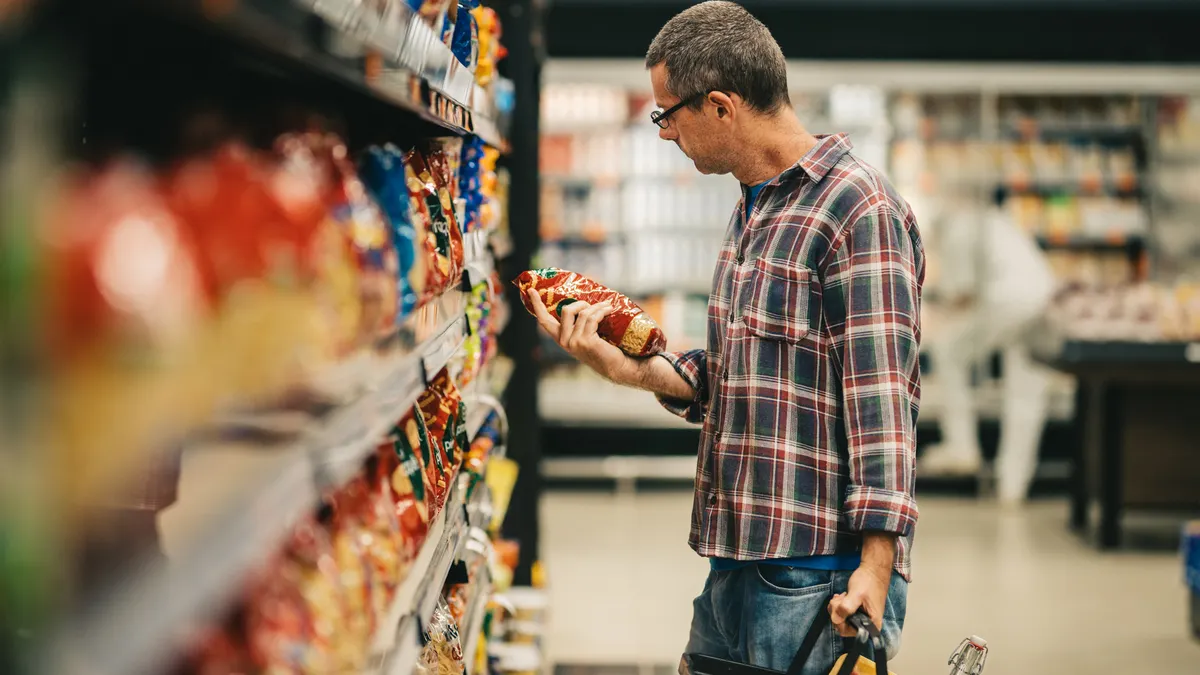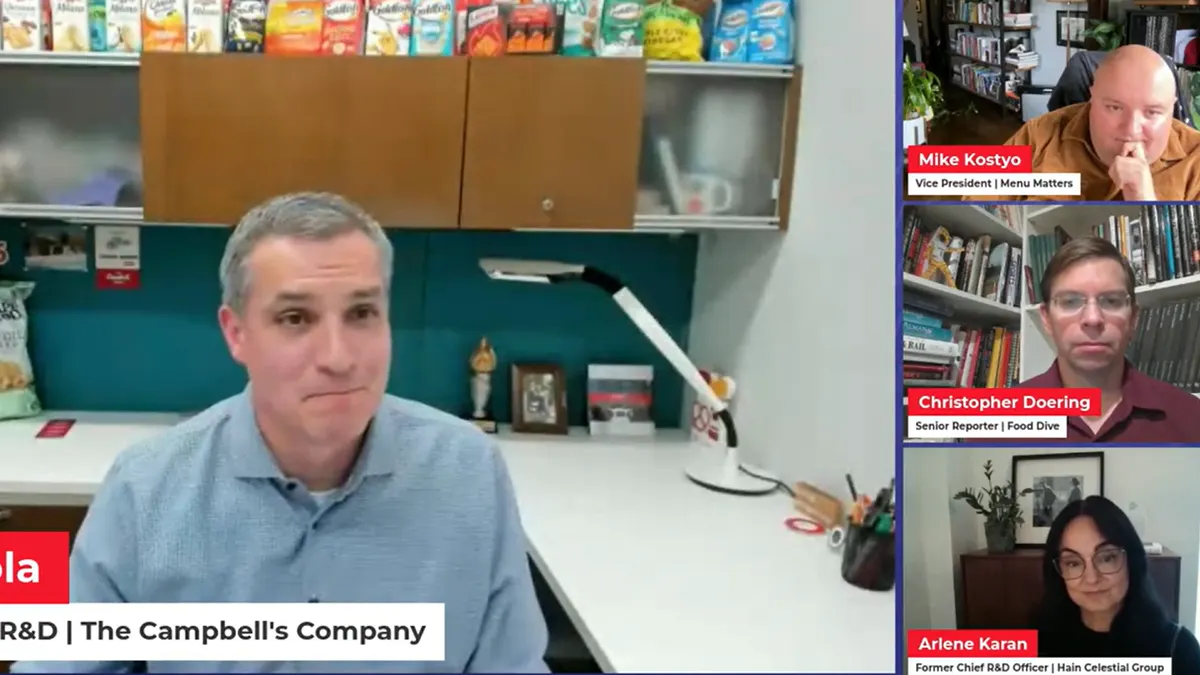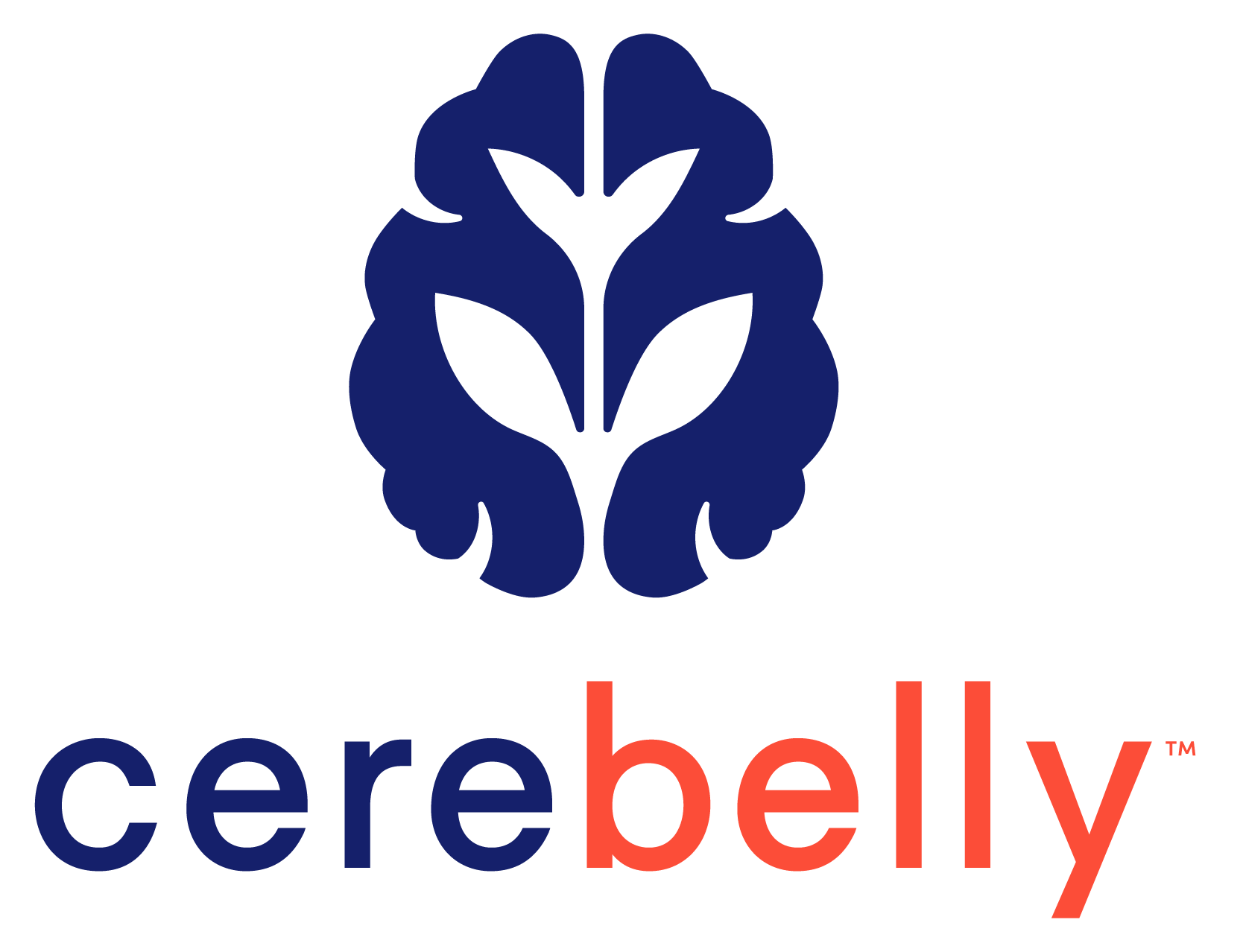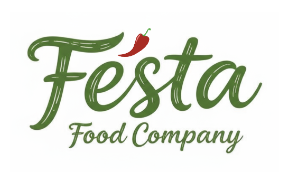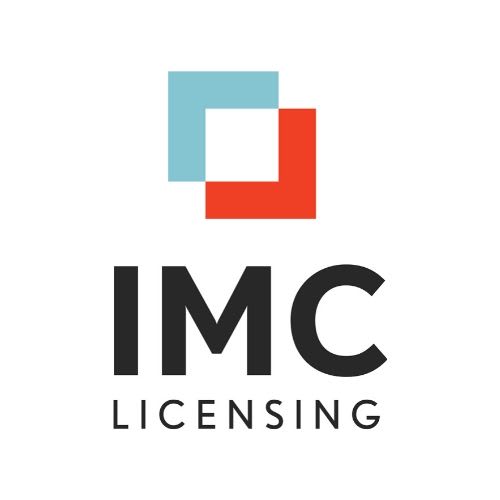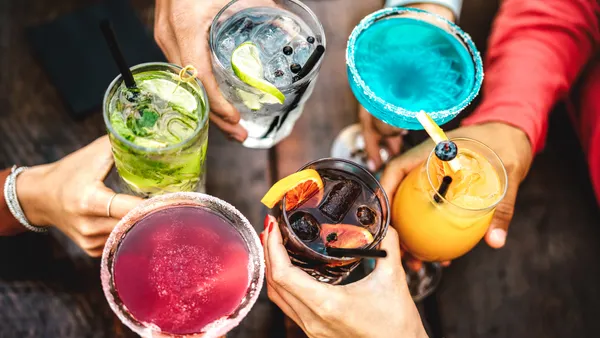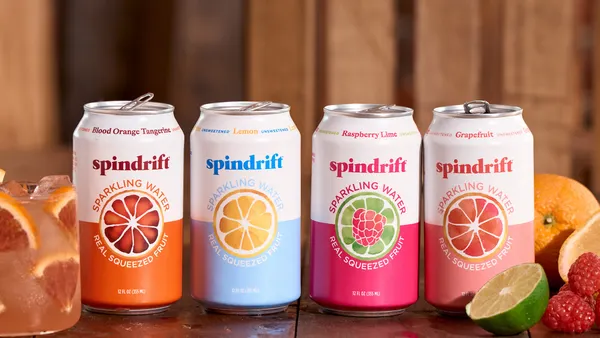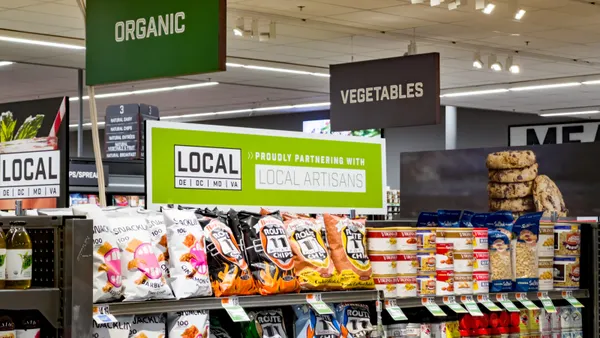Dive Brief:
- A nutrition nonprofit says it has rolled out the first certification in the U.S. for food companies to highlight their products as non-ultraprocessed.
- The Non-UPF Program, launched at the end of 2024, said Thursday it has extended its "Non-UPF" certification label to the entire food industry. The label is meant for foods free from excessive processing, artificial additives and other "harmful" ingredients.
- Other nonprofits have also launched their own labels as more consumers raise concerns around processed foods. The group behind the Non-GMO Project began offering a "Non-UPF Verified" label on a pilot basis earlier this year.
Dive Insight:
Although consumers have become more averse to ultraprocessed foods, they have trouble identifying what types of food fit in the category.
"Our goal is to help Americans cut through the confusion in food labeling and provide clear guidance for less processed foods," Melissa Halas, founder of the Non-UPF Program, said in a statement. "By creating a reliable certification mark, consumers can shop with confidence and support brands committed to reducing UPF in the marketplace."
Seven out of 10 U.S. shoppers say they are trying to avoid ultraprocessed foods, according to research from the Food Integrity Collective, which owns the Non-GMO and Non-UPF labels. However, only 37% consider themselves "extremely" or "very knowledgeable" about ultraprocessing in food.
A certification label could help bridge that gap and help guide consumers toward healthier foods. At the same time, without a formal definition of ultraprocessed foods in place currently, it's possible labels could sow even more confusion by relying on different metrics.
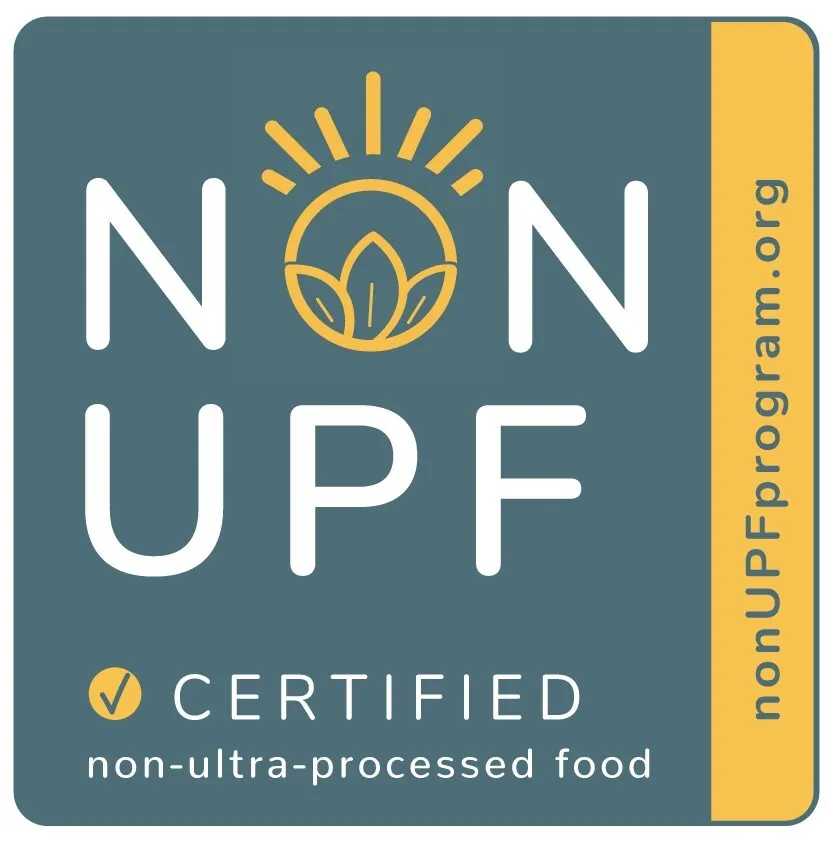
The Non-UPF Program's label relies on the Nova Classification System for ultraprocessed foods, a framework that places foods into four categories based on their level of processing. Nova classifies ultraprocessed foods as industrially-processed products such as mass-produced breads or packaged desserts containing additives and other ingredients not found in culinary preparation.
Governing bodies and scientists have struggled to agree on a formal definition of ultraprocessed foods. There's also contention over whether these foods are inherently more healthy than products that are minimally processed. Yogurt and protein bars, for example, are considered ultraprocessed but still stand to provide nutritional benefits.
The FDA started the process of defining what makes foods ultraprocessed. Earlier this month, California enacted its own definition as part of a ban on ultraprocessed foods in schools.


